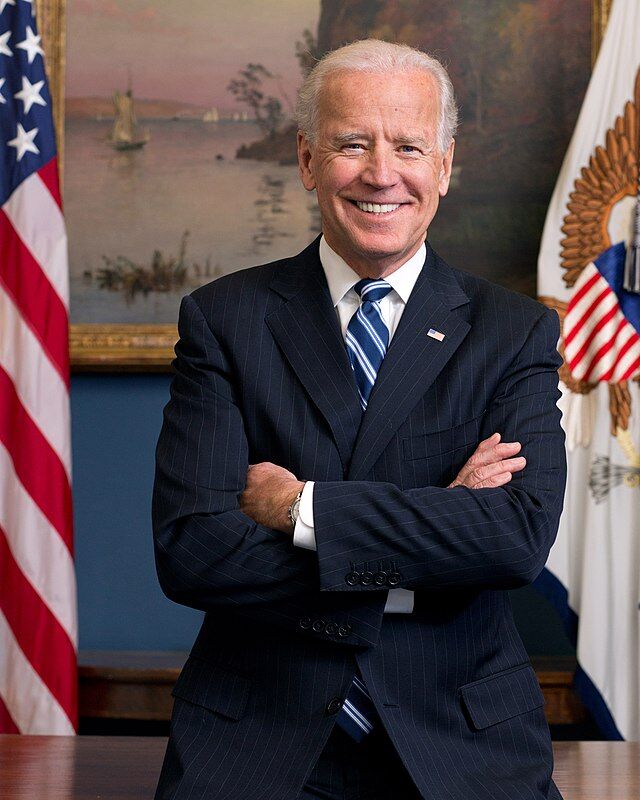Broadband Equity, Access, and Deployment Program Launched in US
The White House has announced a plan to allocate $42 billion across all 50 states in the United States to expand access to high-speed broadband by 2030. This initiative, known as the Broadband Equity, Access, and Deployment Program, aims to address the gaps in broadband access highlighted in a recent Federal Communications Commission report. Texas and California, the two most populous states, will receive the largest funding amounts of $3.1 billion and $1.9 billion, respectively. This initiative not only addresses the immediate need for improved connectivity but also sets the stage for long-term economic growth and equitable access to essential services.
The White House has announced a plan to allocate $42 billion across all 50 states in the United States to expand access to high-speed broadband by 2030. This initiative, known as the Broadband Equity, Access, and Deployment Program, aims to address the gaps in broadband access highlighted in a recent Federal Communications Commission report. Texas and California, the two most populous states, will receive the largest funding amounts of $3.1 billion and $1.9 billion, respectively.
However, states such as Virginia, Alabama, and Louisiana, despite being less populous, also ranked in the top 10 due to their lack of broadband access. President Joe Biden emphasized the importance of internet access in his White House address, stating that it is as vital as electricity, water, or other essential services in today's economy. Each state will receive a minimum of $107 million to enhance their broadband infrastructure. This initiative marks the beginning of the second phase of President Biden's campaign to showcase the impact of legislation passed during the first half of his term on the lives of average Americans, coinciding with preparations for his 2024 re-election bid.
White House Chief of Staff Jeff Zients compared this broadband effort to President Franklin D. Roosevelt's endeavor in 1936 to bring electricity to rural America. The administration estimates that approximately 8.5 million locations in the US lack access to reliable broadband connections. Broadband providers, including Verizon, Comcast, Charter Communications, and AT&T, have been hesitant to invest in low-population rural areas due to the high costs involved and the limited number of potential subscribers. The lack of broadband access became more apparent during the COVID-19 pandemic when students were forced into online schooling. States are expected to submit initial plans later this year to unlock 20% of the funding. Once the plans are finalized, which may extend until 2025, the remaining funds will be released.
In addition to the broadband initiative, President Biden is set to deliver a significant economic address in Chicago, outlining his vision for "Bidenomics." The address will focus on building an inclusive economy that benefits the middle class rather than just the wealthy. Senior advisers Anita Dunn and Mike Donilon highlighted that the economy has already generated over 13 million jobs since President Biden took office, including nearly 800,000 manufacturing jobs. The White House's $42 billion broadband initiative represents a crucial step towards bridging the digital divide in the United States.
By investing in high-speed internet access, the administration aims to ensure that all Americans have the opportunity to fully participate in the digital economy. This initiative not only addresses the immediate need for improved connectivity but also sets the stage for long-term economic growth and equitable access to essential services. As the plans unfold and funding is allocated, it is hoped that this ambitious initiative will bring reliable broadband to underserved communities, enabling them to thrive in the digital age.




